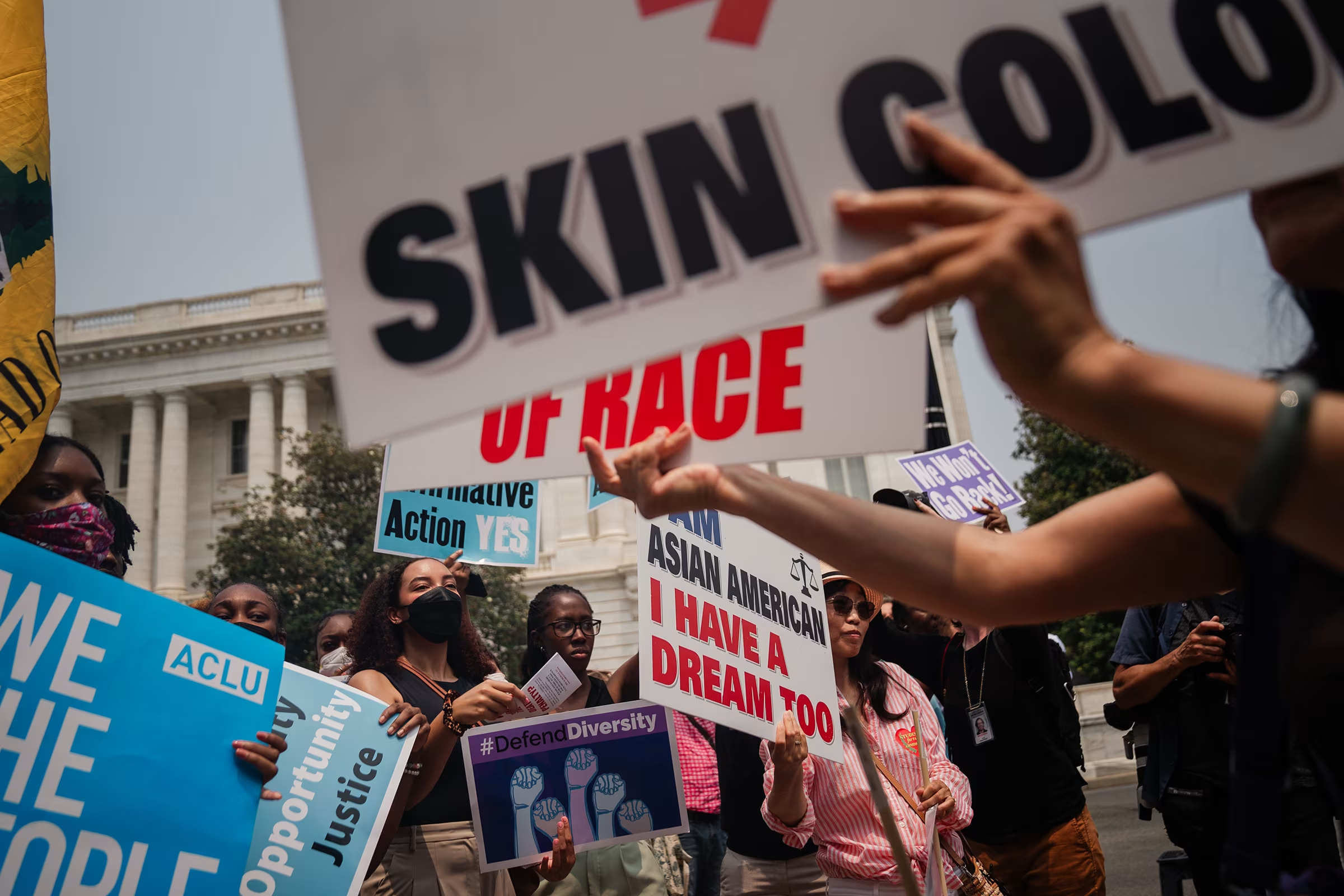
Justice Department says it wants to release Epstein grand jury exhibits in addition to transcripts
Entities mentioned:
- Justice Department: Duty, Transparency, Obligation
- Jeffrey Epstein: Self-preservation, Power, Control
- Ghislaine Maxwell: Self-preservation, Loyalty, Control
- Pam Bondi: Duty, Obligation, Professional pride
- Todd Blanche: Duty, Professional pride, Obligation
- Jay Clayton: Duty, Professional pride, Justice
- Donald Trump: Self-preservation, Power, Control
- Richard Berman: Justice, Duty, Professional pride
- Paul Engelmayer: Justice, Duty, Professional pride
Article Assessment:
Credibility Score: 75/100
Bias Rating: 45/100 (Center)
Sentiment Score: 40/100
Authoritarianism Risk: 30/100 (Generally Democratic)
Bias Analysis:
The article presents a balanced view of the situation, including perspectives from multiple parties involved. While it mentions Trump's involvement, it does not appear to lean heavily towards any political stance, maintaining a mostly neutral tone.
Key metric: Government Transparency Index
As a social scientist, I analyze that this article highlights a significant tension between government transparency and individual privacy rights. The Justice Department's move to release grand jury materials in high-profile cases involving Jeffrey Epstein and Ghislaine Maxwell reflects an attempt to increase transparency, likely in response to public and political pressure. However, this effort is complicated by the need to protect victims' identities and respect legal processes. The involvement of high-profile figures, including former President Trump, adds a political dimension that may influence the handling and perception of the case. This situation tests the balance between public interest, individual rights, and the integrity of the justice system, potentially impacting public trust in governmental institutions and the judicial process.

Trump takes executive action to target race-based university admissions
Entities mentioned:
- Donald Trump: Power, Control, Influence
- Linda McMahon: Duty, Loyalty, Professional pride
- Department of Education: Control, Transparency, Duty
- Supreme Court: Justice, Influence, Legacy
- Universities: Autonomy, Professional pride, Obligation
Article Assessment:
Credibility Score: 75/100
Bias Rating: 55/100 (Center)
Sentiment Score: 45/100
Authoritarianism Risk: 65/100 (Authoritarian Tendencies)
Bias Analysis:
The article presents a relatively balanced view, including both the administration's perspective and context from recent court decisions. However, there's a slight lean towards the administration's framing of the issue, with limited space given to opposing viewpoints or potential criticisms of the policy.
Key metric: Higher Education Equity and Access
As a social scientist, I analyze that this executive action represents a significant shift in higher education policy, potentially impacting diversity and access in American universities. The move to expand data collection on race-based admissions follows the Supreme Court's decision to restrict race-conscious admissions practices. This action may lead to increased scrutiny of university admissions processes and could potentially influence future policy decisions regarding affirmative action and diversity initiatives in higher education. The emphasis on 'meritocracy and excellence' in McMahon's statement suggests a shift away from considering racial diversity as a factor in admissions, which could have far-reaching consequences for minority representation in higher education institutions.